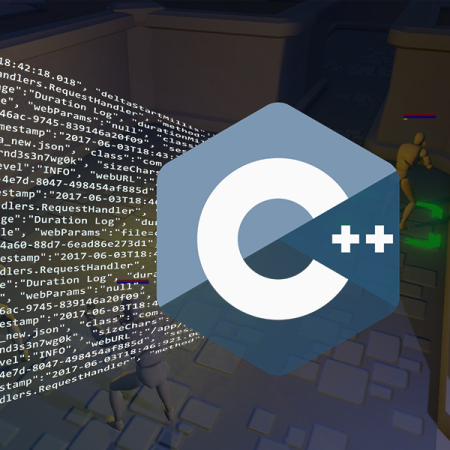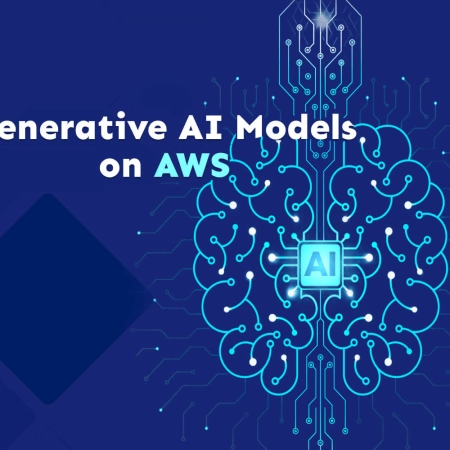Java remains one of the most widely used programming languages in software development, enterprise applications, and mobile applications. This course provides a structured introduction to Java programming and software engineering principles, preparing learners for a career in technology.
Participants will begin by learning Java syntax, data types, and control structures, progressing to object-oriented programming (OOP) concepts such as classes, inheritance, and polymorphism. The course also covers software engineering best practices, including version control, debugging techniques, and software development methodologies.
Additionally, learners will gain hands-on experience with real-world projects, applying their programming skills to build scalable and maintainable applications. By the end of this course, participants will have a strong foundation in Java and software development, equipping them for entry-level software engineering roles.
Sections Included:
- Introduction to Java Programming – Understanding Java syntax, variables, and data types.
- Control Flow and Methods – Implementing loops, conditionals, and functions.
- Object-Oriented Programming in Java – Working with classes, objects, encapsulation, and abstraction.
- Inheritance and Polymorphism – Applying OOP principles to create modular and scalable applications.
- Software Development Best Practices – Debugging, writing clean code, and working with version control (Git).
- Software Engineering Fundamentals – Exploring Agile methodologies, testing, and project management.
- Hands-on Software Development Projects – Applying learned concepts to real-world applications.
Benefits Upon Completion:
- Gain proficiency in Java programming and object-oriented principles.
- Learn software engineering best practices for professional development.
- Understand control structures, loops, and functions to write efficient code.
- Develop real-world applications through hands-on projects.
- Build a strong foundation for a career in software engineering.







